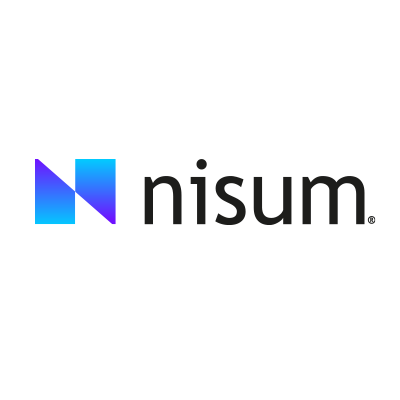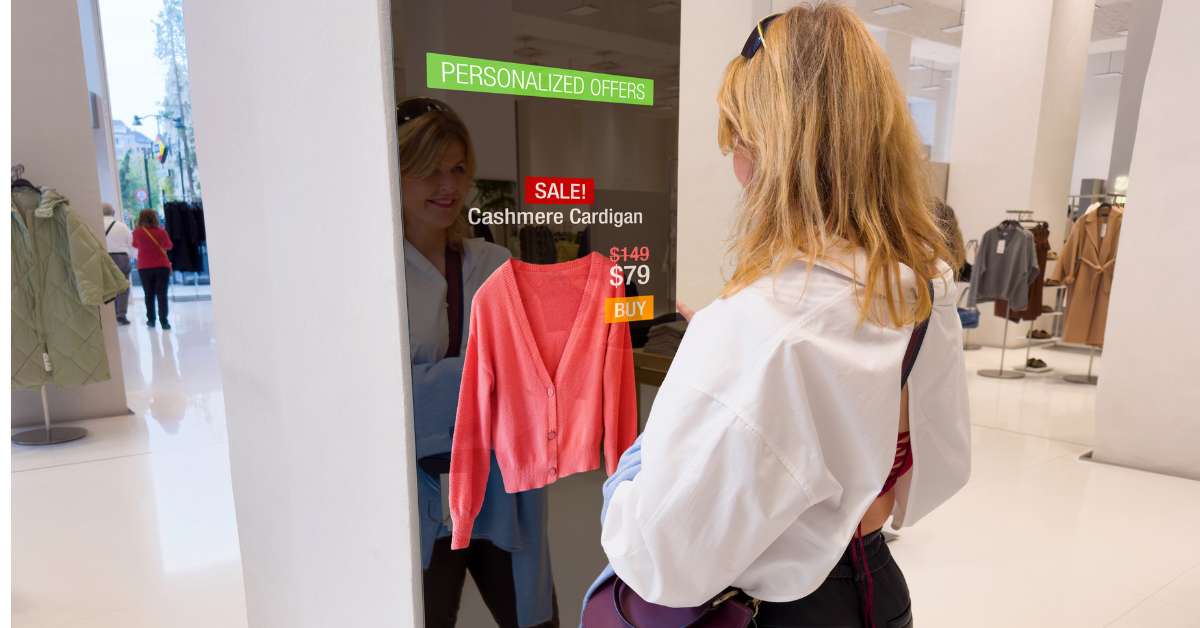.jpg?width=750&height=402&name=Horasis%20Article%20-%20%E2%80%9CAI%E2%80%99s%20Watchful%20Eye%20on%20Compliance%20Can%20Revolutionize%20The%20Healthcare%20Industry%E2%80%9D%20(1).jpg)
We're proud to announce Nisum's recognition in Horasis's latest publication, "AI’s Watchful Eye on Compliance Can Revolutionize The Healthcare Industry." This feature celebrates our efforts in enhancing healthcare through AI, aligning with the World Health Organization's (WHO) new AI regulations for improved safety, effectiveness, and patient accessibility.
These regulations represent a significant step forward, setting a new standard for handling sensitive healthcare data with AI. Our collaboration with CharmHealth showcases the potential of AI in ensuring compliance, protecting patient data, and optimizing healthcare operations. By implementing AI algorithms for data anonymization and risk detection, we help healthcare providers adhere to strict compliance standards, safeguard patient information, and enhance overall patient care.
This feature by Horasis underscores Nisum's commitment to leveraging AI for a safer, more compliant healthcare sector.
Real-World Applications of AI in Healthcare
As mentioned in Forbes, some of the biggest healthcare AI trends include:
1. Virtual Assistants
Generative AI enables sophisticated communication between computers and users, akin to natural human language. Tools like Massive Bio’s AskFiona AI and DrArturo are revolutionizing cancer care by enhancing patient and provider engagement and advancing oncological research. Unlike traditional chatbots, these AI systems use deep-learning models to process vast amounts of data from simple prompts, offering comprehensive 24/7 virtual assistance.
2. Personalized Treatment Plans
AI-driven analysis of patient DNA aids in diagnosing and treating diseases with a high degree of personalization. For instance, Ginkgo Bioworks' Owl platform uses AI to guide protein engineering, allowing for the creation of medicines tailored to individual molecular profiles, significantly enhancing treatment efficacy.
3. Simulating Critical Health Scenarios
AI's application in digital twins allows for the simulation of various health processes and scenarios. This technology helps hospitals predict the impacts of different conditions on their decisions, from surgical choices to understanding how environmental factors affect patient health outcomes.
4. Preventative Care
Wearable AI devices and predictive analytics are pivotal in monitoring patient symptoms. They can detect anomalies in vital signs, such as heart rates and blood pressure, to predict and prevent the progression of illnesses. Huma’s SaMD, for example, utilizes data from the UK’s Biobank to foresee long-term cardiovascular risks, enabling timely and appropriate medical interventions.
Discover more about our impactful work in healthcare technology by reading the full Horasis article.




